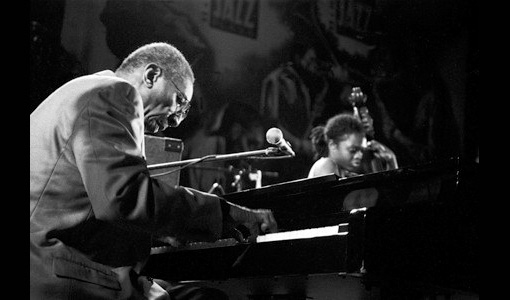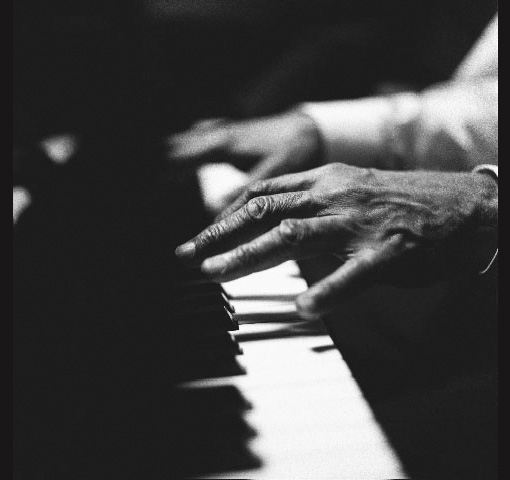Ronnie Mathews, a jazz pianist whose recorded output as a leader was sparse but whose résumé as a sideman with stars of jazz was substantial.
Ronnie Mathews is barely known today, but the pianist was a distinguished sideman starting in 1960 and a leader through the years. As a sideman, he appeared on Freddie Hubbard’s Breaking Point (1964), Lee Morgan’s Rumproller (1965) Max Roach’s Drums Unlimited (1965) and Dexter Gordon’s The Homecoming (1976), as well as on albums by many leading jazz stars. As a leader, one of Mathews’ finest albums was—Doin’ the Thang!, recorded for Prestige in December 1963. He was also a member of Art Blakey’s Jazz Messengers in the late 1950s through the 60′s.
He spent most of his career out of the spotlight. But he was highly valued by many noted fellow musicians for his harmonic acuity, his imagination as an improviser and his sensitivity as an accompanist.
He led his first recording session in 1963, the same year he began his first high-profile sideman job, with the drummer Max Roach’s group which lasted until 1968. Over the next two decades he worked regularly with a succession of well-known bandleaders but rarely led a band himself. And even after forming his own group in 1981, he continued to be heard most often, on record and in person, in a supporting role.
Two of Mr. Mathews’s longest-lasting associations were with the saxophonist Johnny Griffin, from 1978 to 1982, and the drummer T. S. Monk — son of the pianist and composer Thelonious Monk, one of Mr. Mathews’s acknowledged influences — for most of the 1990s.
According to the New York Daily News, “Ronnie Mathews (is) another stalwart figure who has yet to receive the proper recognition.” Critics have compared him to fellow pianists Thelonious Monk and Bud Powell, with a sprinkle of McCoy Tyner.
Mathews was much more than a sideman. Unfortunately, he came of age about five years too late, when jazz leadership sessions were fewer in number and the lion’s share went to already established legends. He would have to wait until late in his career for that shot.


